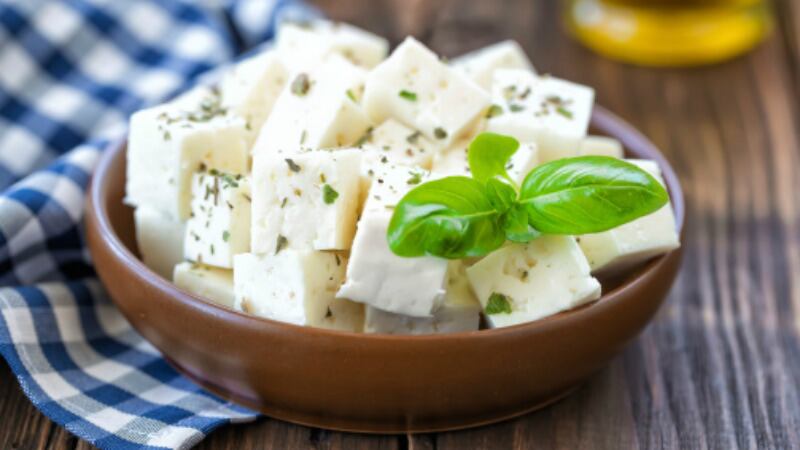The demands were made during the latest negotiations between the EU and Australia over the signing of a Free Trade Agreement (FTA), which have been ongoing since July last year.
Earlier this month, the Australian Department of Foreign Affairs and Trade (DFAT) published a list of 408 food and beverage products that the EU is requesting Australia to protect as GIs. Of these, 172 are food products (e.g. cheeses, meats, olive oil) and 236 are spirits.
Wines, particularly the names ‘Prosecco’ and ‘Vittoria’, were not included as part of this list, as a relevant agreement on this had already been signed between the EU and Australia back in 2008.
That said, the recently-published list has caused a great deal of unrest in the industry, especially for cheese businesses. 57 of the 172 products in the list were cheeses.
In response to a query from FoodNavigator-Asia, the Australian Food and Grocery Council (AFGC) declined to make a statement, but said that it was awaiting the government’s stance on the issue.
“We are looking into this while we wait for the government to finalise their position,” an AFGC spokeswoman told us.
However, dairy farmers and producers have been much more opposed to the potential name-changing, calling it ‘hypocritical’ and an additional barrier to free trade.
“For this FTA to have any value for Australia, it must radically reduce EU barriers to agricultural trade,” said National Farmers’ Federation CEO Tony Mahar.
"If the EU truly believes in trade and open markets, then it's time to end the hypocrisy and remove the barriers blocking Australian agricultural imports.
"The Australian Government should not consider any extension of GI protection without a guaranteed commitment from the EU for exceptional market access for all Australian agricultural products without any exclusions.”
Minister for Trade, Tourism and Investment Simon Birmingham said that the government has made ‘no promises to the EU in terms of giving up any names’ but has ‘agreed to go through the process’.
“The EU is a huge potential market for Australia with around 500 million [consumers]. Even with existing trade restrictions, it is already our third largest export market.”
“There are definitely concerns, particularly in the dairy industry. [Some] of the terms the EU is asking for clearly do have geographical representation attached to them – Camembert de Normandie for example.
“[However], this doesn’t stop Australian cheesemakers from producing and selling camembert, as long as they don’t use the ‘de Normandie’ attachment,” he said during a Breakfast News live interview.
“In terms of some of the others that would restrict the use of an actual variety of cheese as we see it (such as gruyere), they’re the ones we’re going to have to work closely, see what the economic value of it is, listen to the cheesemakers in Australia and their arguments, and then take them back to the EU negotiations to get the best deal.”
DFAT has launched a three-month public consultation on the issue, seeking feedback from Australian farmers and F&B businesses.
EU-Australia trade
According to DFAT statistics, as of 2018 the EU was Australia’s second-largest trading partner, third-largest export destination, and largest source of foreign investment. Overall, the EU imported US$30bn worth of goods and services from Australia in 2018, whereas Australia imported US$79bn worth from the EU.
Chocolate, confectionery and ice cream were the EU’s top exports to Australia in 2018 at EUR288mn (US$319mn), whereas Australia’s top food and beverage exports to the EU in 2018 were oil-seeds & oleaginous fruits (A$1.03bn/US$699mn) and alcoholic beverages (A$652mn/US$442mn).
The EU ranked Australia as its 10th most-valuable agri-trade destination partner in 2018 at some EUR3.4bn (US$3.8bn), and its 19th most- valuable origins partner at some EUR2.07bn (US$2.30bn).
Via the FTA, Australia is aiming for ‘full tariff liberalisation of agriculture’ on exports to the EU, given that items such as beef, sheep meat, cheese, sugar and rice are ‘significantly constrained’ by current tariff quotas.
“Overall this deal has to be in the best interest of Australia,” said Birmingham.
“The market access offers, the elimination of tariffs, the increase or elimination of quotas has to be good enough from the EU for us to do this deal.”


